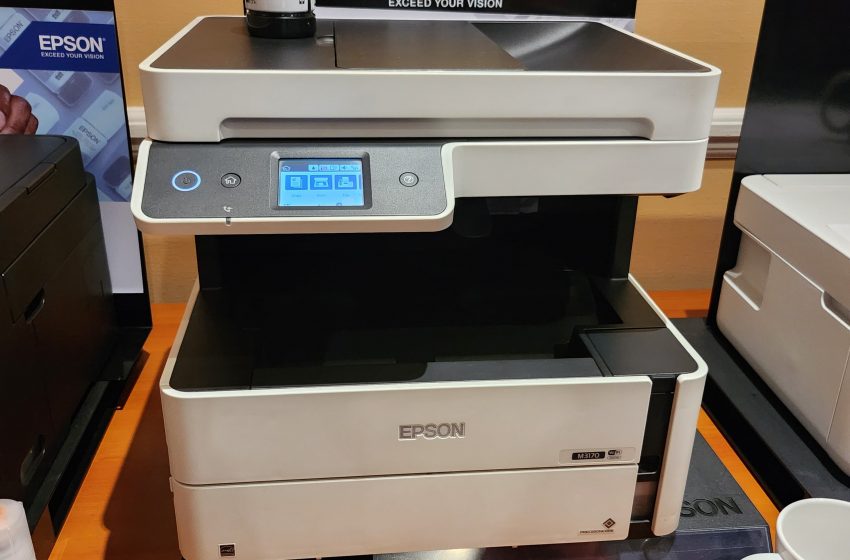
Technology Sustainability as a Catalyst in Combating Climate Disaster
Japanese printing and information technology company Epson has set aside KES 830 Billion over the next ten years, with a focus on decarbonisation, resource recycling and an accelerated programme to develop environmental technologies.
Epson regional head, East and West Africa, Mukesh Bector says, “Depletion of natural resources and other environmental problems have become increasingly evident. Organisations are more aware of the challenges than ever and understand more deeply that pursuing sustainability is essential to environmental protection, economic growth, and social stability.”
Mr. Mukesh noted innovation is key amongst the solution approaches because it influences consumption pattern, lifestyle and cultural development.
To a great extent, technology determines the demand for raw materials and energy, the efficiency of manufacturing, product performance, and waste reduction. Mr. Mukesh noted Epson recognises that sustainability is the key catalyst for innovation and this is why the company is changing the way people print by offering an alternative to cartridges and way of printing which does not use heat in the process
As COP27 continues today in Sharm El-Sheikh, amid critical global climate-related threats, Epson asserts its commitment to raise individual awareness about climate change and its severe impacts on the planet and on people’s lives. Epson looks to stress the importance of taking action for the benefits of the people and the environment.
Kenya is a key market for Epson and for this reason, raising awareness and working together, we can all do our part, by making small and simple changes to our everyday lives. Just by switching the printer you use at home or at work, you can contribute to preventing climate change.
“Although this optimism in Kenya is encouraging, with one of the highest optimism levels in the world according to our Climate Barometer Survey, there are still a number of gaps in terms of what people are willing to do now and what people are hoping to do in the future. It is not enough to hope for change, every person must make change happen by introducing small switches in their everyday lives, if we are to reach net zero targets at a global and national level,” Mukesh noted.
Epson is present at COP27 to further prove its ongoing commitment to providing individuals and businesses with technological options that contribute to combating the climate disaster.
A simple technology switch, from laser printing to inkjet printing, can mean huge reductions of up to 83% in energy consumption, as a result of Epson’s Heat-Free technology. Fewer consumables in its EcoTank cartridge free printers mean huge savings in plastic waste, with one set of ink bottles being the equivalent of 79 ink cartridges, saving around 1.6 million tonnes of plastic-based consumables through the sale of over 70 million EcoTank printers worldwide. Technology innovations, such as PaperLab – an inhouse paper recycler which uses virtually no water in its process – has changed the future of recycling.
“Epson helps businesses around the world cut energy usage and save millions just by switching from laser to business inkjet printers. Although technology is not the ultimate solution, it has the power to increase productivity and efficiency, enable cost savings, reduce product and chemical waste, save resources such as water”, said Bector


![Phishing and scams have increased in Africa. [Photo - Courtesy]](https://techtalk.africa/wp-content/uploads/2022/08/Phishing.jpg)
![Kaspersky researchers have found a new malicious campaign that developers need to be ware of. [Photo - Courtesy]](https://techtalk.africa/wp-content/uploads/2022/08/Kaspersky.jpg)
![LightWays is a fully enclosed, flexible ducting system ideal for protecting, segregating and managing fibre optic cables in the data centre environment. [Photo - Courtesy]](https://techtalk.africa/wp-content/uploads/2022/08/Siemon_LightWays.jpg)



